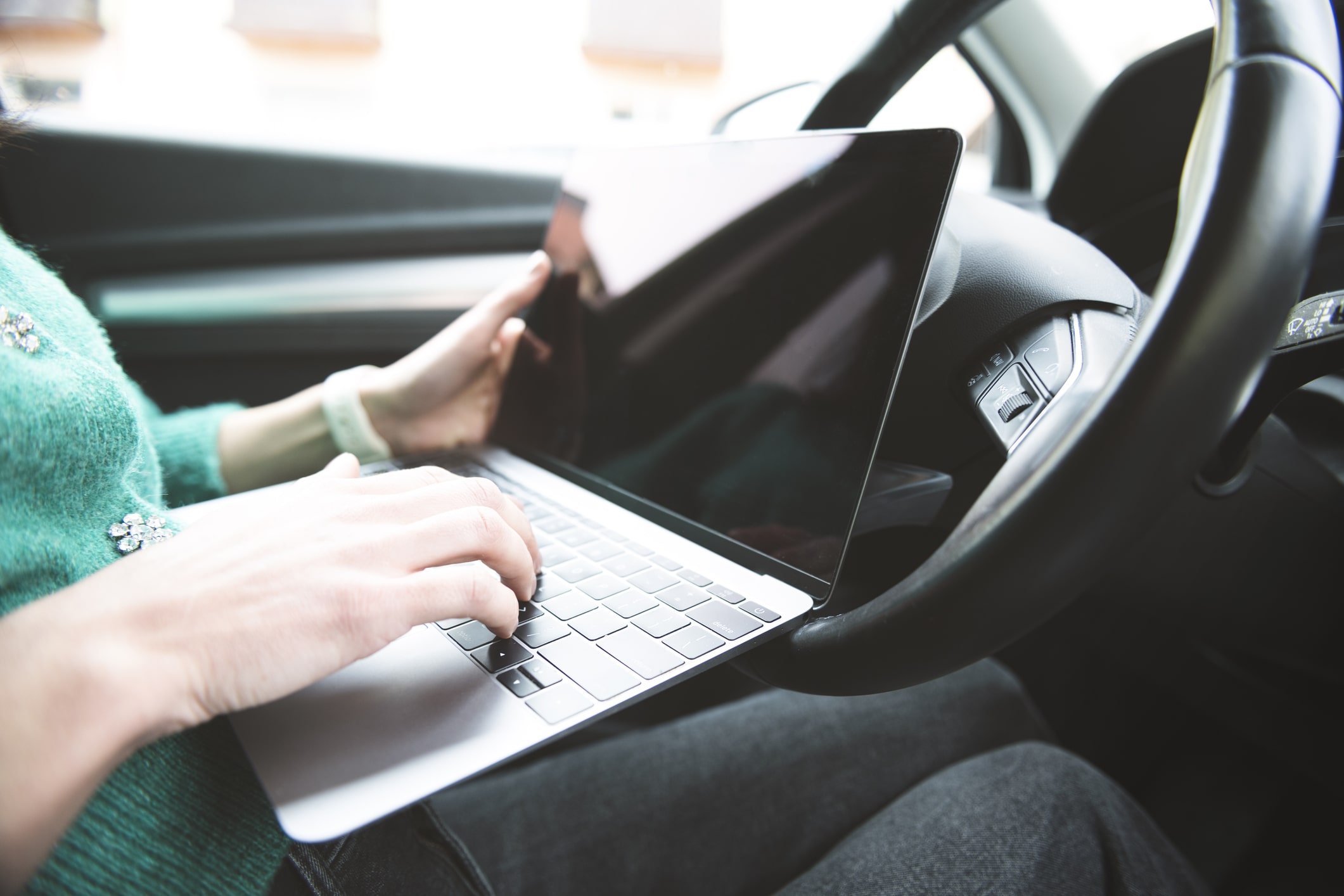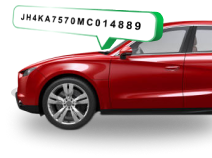California VIN Check


How to Perform a VIN Lookup in California?
VIN searches in California are the best way to get vehicle histories without necessarily relying on individual sellers or dealers. From a due diligence perspective, it is highly effective because interested parties can use GoodCar to assess all historical aspects of a vehicle. That is a change of recalls, title issues, accident history, and sales records. This information can be useful as buyers may make informed decisions before proceeding with a purchase. It can also be used as leverage to negotiate pricing, especially if the seller is trying to oversell or hide certain issues. GoodCar's reports are also maintained at the highest industry standards since it is an approved NMVTIS data supplier.
Why Should I Run a CA VIN Check?

California Lemon laws, as outlined in Civ. Code, 1793.2, protect the vehicle owner or buyer if a purchased vehicle has defects. Should these defects not be repairable, the vehicle owner has the right to request repurchasing or replacement. This regulation applies to new vehicles bought or leased in California but remains under the manufacturer's new vehicle warranty if the problem becomes apparent in the first 18 months or 18,000 miles following purchase. Active duty members of the Armed Forces living in California at the time of purchase are protected by the regulation even if the vehicle has been purchased or registered outside the state. The manufacturer has to be given a reasonable number of attempts to fix the problem. It could be four times if the problem is small, but two if it is life-threatening. Lemon vehicles that have been repurchased and then resold have to be categorized as lemon law buybacks. They also have to have a lemon sticker. Potential buyers can complete a GoodCar California VIN check and determine if the vehicle they are interested in is indeed a lemon due to the defects indicated by listed recalls, or significant accidents on the report.
Why Choose GoodCar for California VIN Lookup?
Requesters can benefit from extensive vehicle records and reports as they obtain information from accredited data providers like the NMVTIS. GoodCar also illustrates theft checks, collision records, recalls, flood, hail, or fire damage, and pricing.
California Resources
-
Who Issues a Vehicle's VIN Number in California?
Vehicle manufacturers issue VINs for most vehicles in the state, though there are instances when the DMV will issue them for trailers, motorcycles, snowmobiles, and trailers under 6,000 pounds.
-
How do I verify a VIN number in California?
California VINs can be verified by law enforcement agencies like the California Highway Patrol, the California DMV, and private approved verifiers such as GoodCar.
-
Is it safe to check a California VIN online?
It is safe to check if California VINs online because this is public information. People should be encouraged to check VINs from reputable data suppliers like GoodCar to verify their vehicle histories and go through problem checks.
-
Do I need a VIN inspection in California?
Yes, VIN inspections are mandatory in the state of California. These are an essential part of the registration or renewal process, along with emissions checks and titling.
-
Are California VIN checks necessary for out-of-state vehicles brought into California?
Yes, California maintains that a VIN check is required for out-of-state vehicles. The VIN inspection is done as part of registration, along with emissions checks.
-
What does a California VIN check reveal?
A California VIN check will provide information on vehicle history, accident records, theft checks, and past sales. It allows interested parties to perform due diligence on vehicles they are interested in, while also allowing them to avoid hard-to-spot liabilities.
-
Is it safe to give out a VIN in California?
Giving out the VIN in California is safe as the information is widely available by looking at the dashboard. Record seekers should share their VINs if they would like more information on history, recalls, or title issues.
-
Can you ask for the VIN from a California seller?
Yes, it is encouraged to request the VIN from a Californian seller, as potential buyers can verify the claims made on a vehicle. It creates accountability and transparency in the transaction as the purchaser can objectively perform due diligence and then proceed if they are satisfied.







